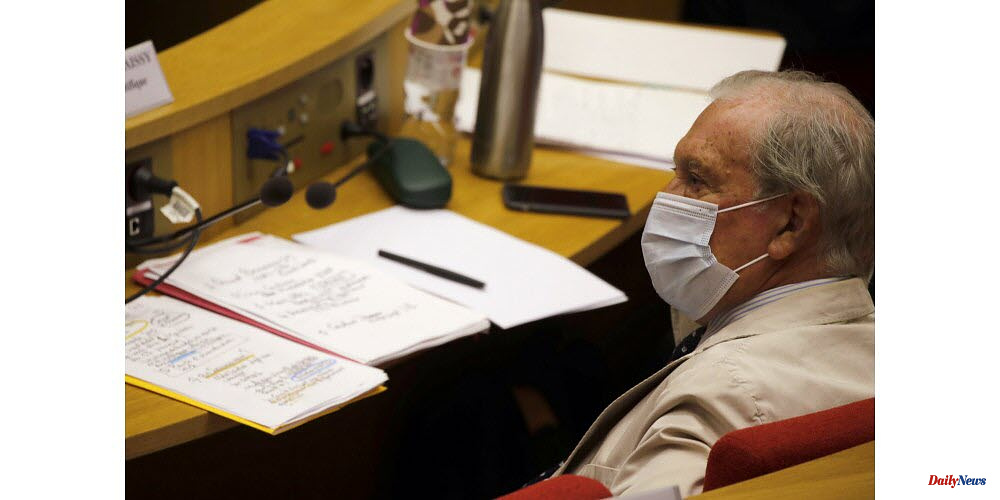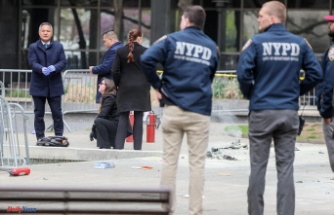"The Covid-19 pandemic has not ended," stressed the members of scientific council in their latest opinion, which was published on Monday evening, June 23. It is hard to prove their wrongness with 200,000 hospitalizations in 24 hours, as announced Tuesday by Francois Braun, the Minister of Health.
This text is the first to address the current wave that is expanding under the influence of Omicron's BA.4- and BA.5 subvariants. The epidemic in the medium- and long-term must be addressed by the council before it is forced to dissolve at the end July.
The council recalls that in France, the seventh wave of cases began at the end May and that there was a "feeble feeling" due to the declarations of various actors.
The council finds it difficult to compare the Portuguese situation with France's BA.5 death.
Three "points to vigilance", however, are identified.
The scientific council has four recommendations to help cope with the "new epidemic waves of Covid-19" and lists them as: 1) the maintenance of basic precautions and barrier gestures; 2) a booster vaccine for eligible people. This is the reason Doctolib has made record appointments for this campaign.
A health pass that is reinstated "at the border" is also possible. It is thought to be proportionate to the potential evolutions of the epidemic and therefore is being considered.
Scientists recommend that antiviral treatment access be made easier, which is surprising considering the cost and difficulty of getting them. They are heavy, costly, and not always innocuous, so they should be reserved for immunocompromised patients, who cannot receive the vaccine.
The government advisory body on the epidemic believes it is "desirable" to have devices that allow effective monitoring of the virus's circulation and secure the areas most at risk. They also recommend a dynamic vaccine policy.
She considers it also "useful" for the computer tracing of screening to be extended (with SiDEP etc. Experts explain that "the current epidemic wave and the possibility of a rebound of the epidemic in the next fall/winter, possibly accompanied with mutations of virus, require that the public authorities be capable of reacting quickly to any observed or anticipated developments."












